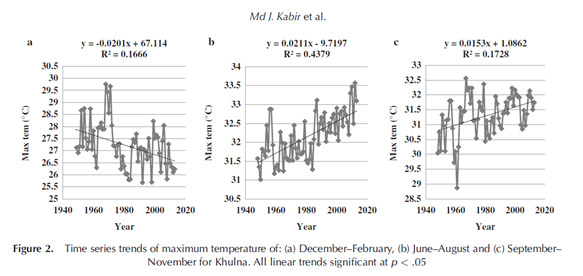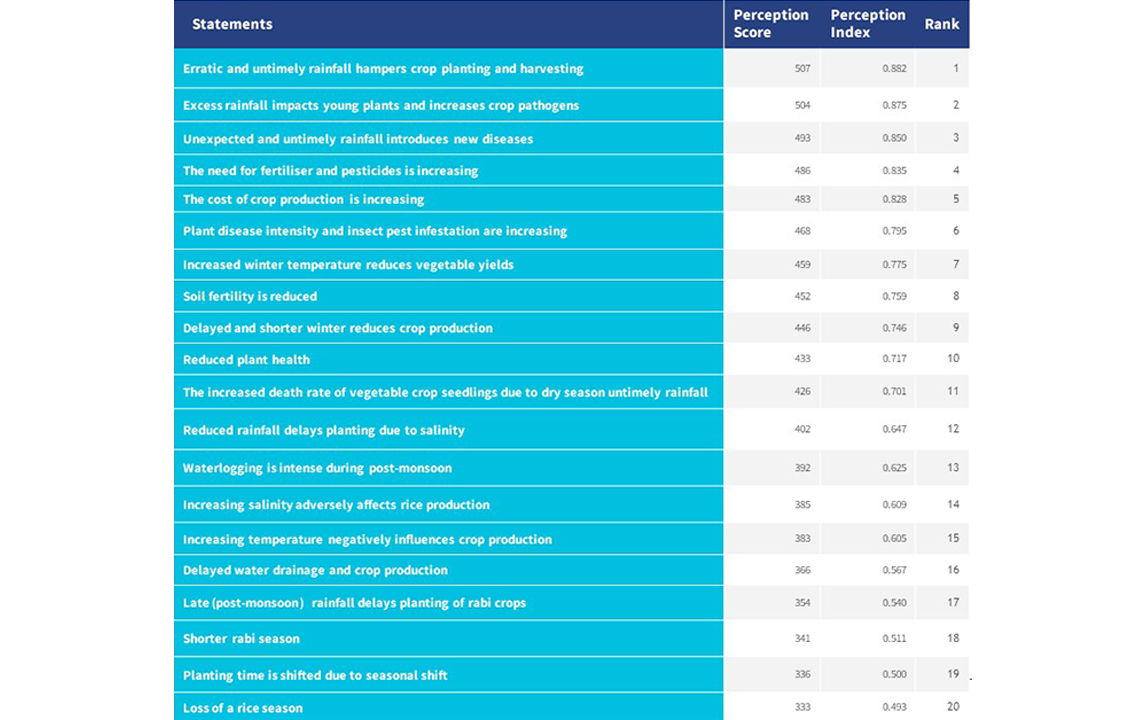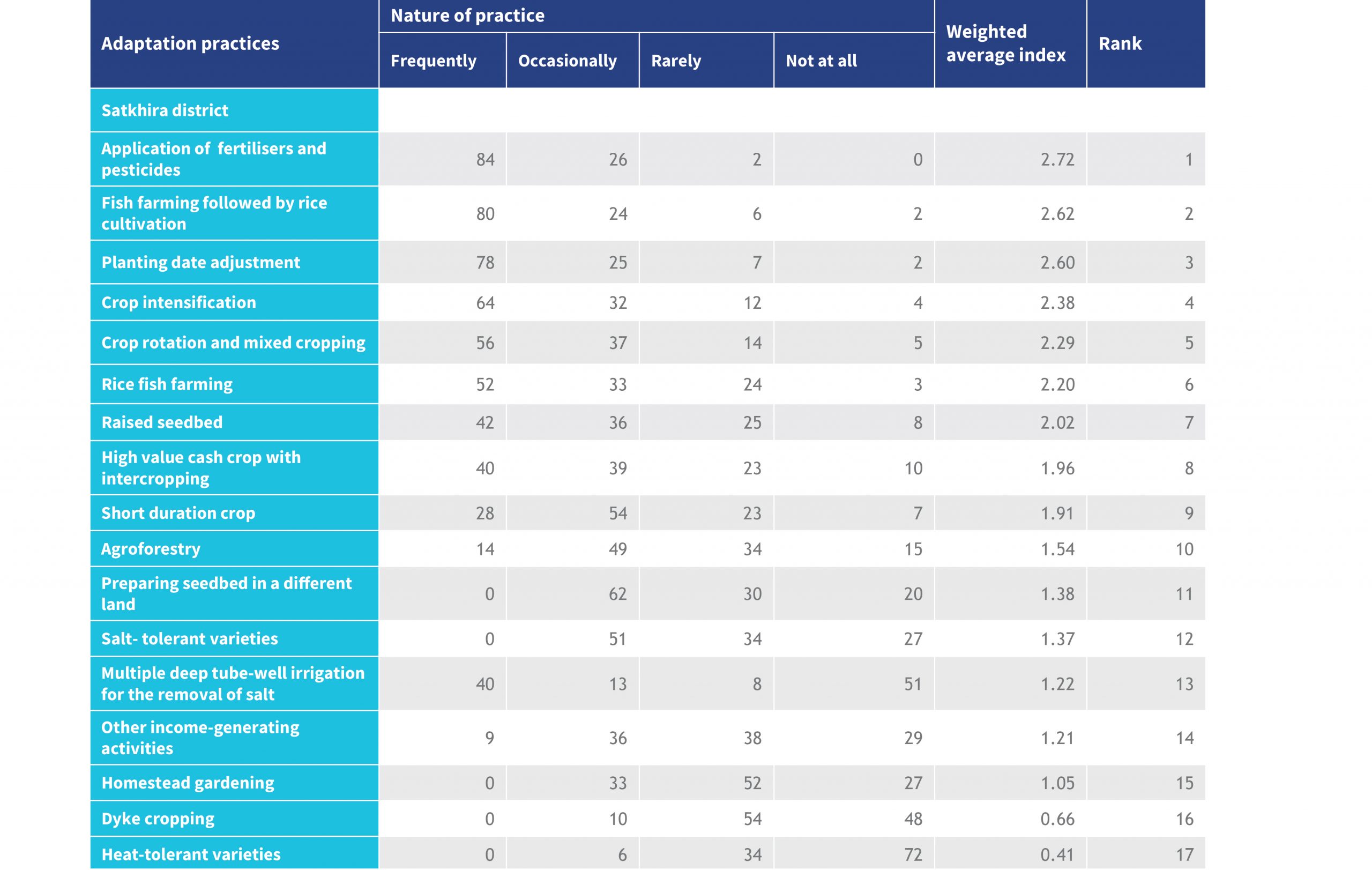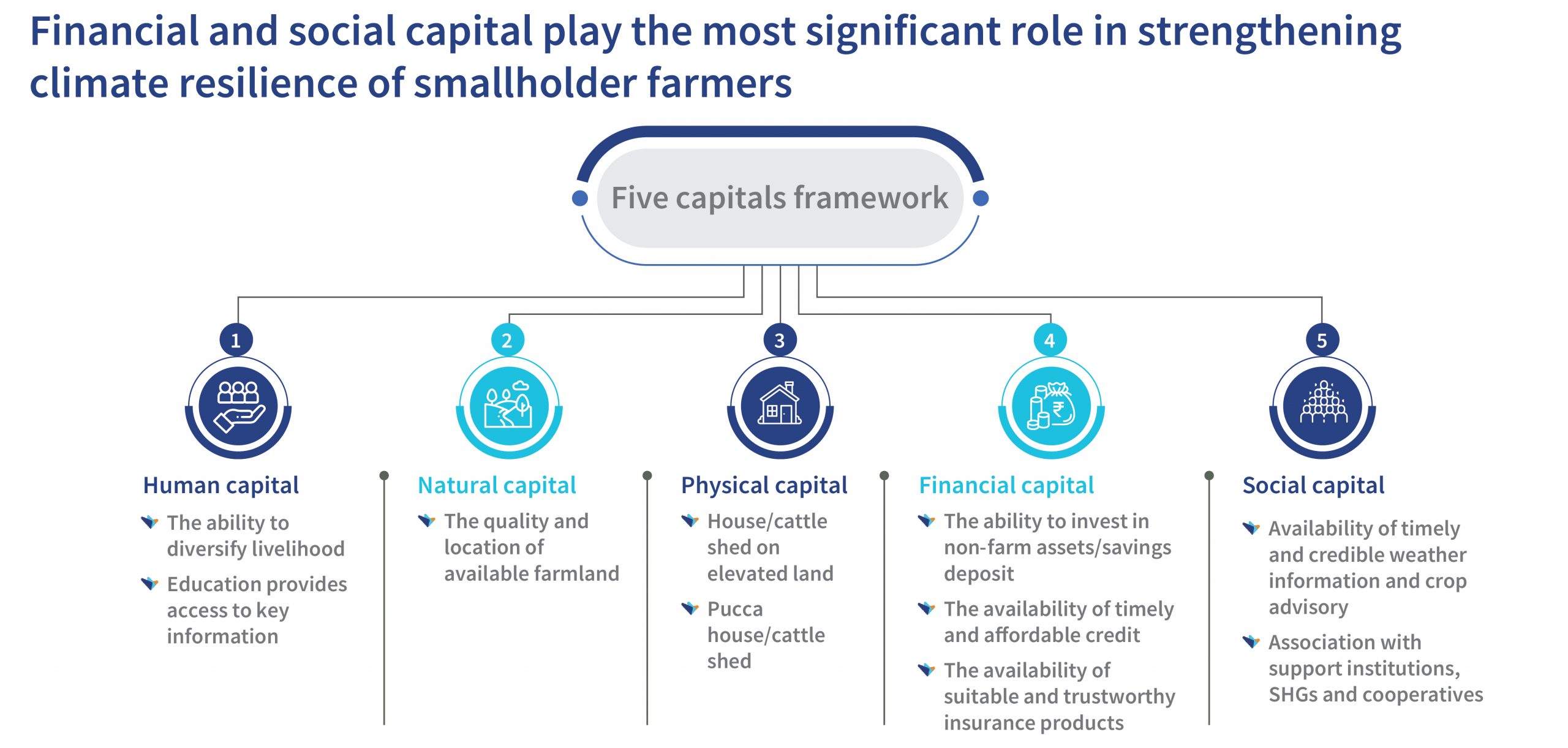From a waste collector to the digital ambassador
Qoyimah, a 61-year-old single mother, rides her old bicycle around Bantul and Central Yogyakarta eight hours a day to collect waste. She carries the valuable waste in two huge baskets attached to the back of her bicycle saddle. In the afternoon after her daily ride, Qoyimah starts sorting the waste based on the type and waits for her regular buyers to arrive, weigh, and make the purchase. A typical good sales day means she could earn up to IDR 100,000 (~USD 6.5).
As a family head and sole breadwinner, Qoyimah has relied on this waste collection business for a few decades now. She is a necessity-driven entrepreneur.
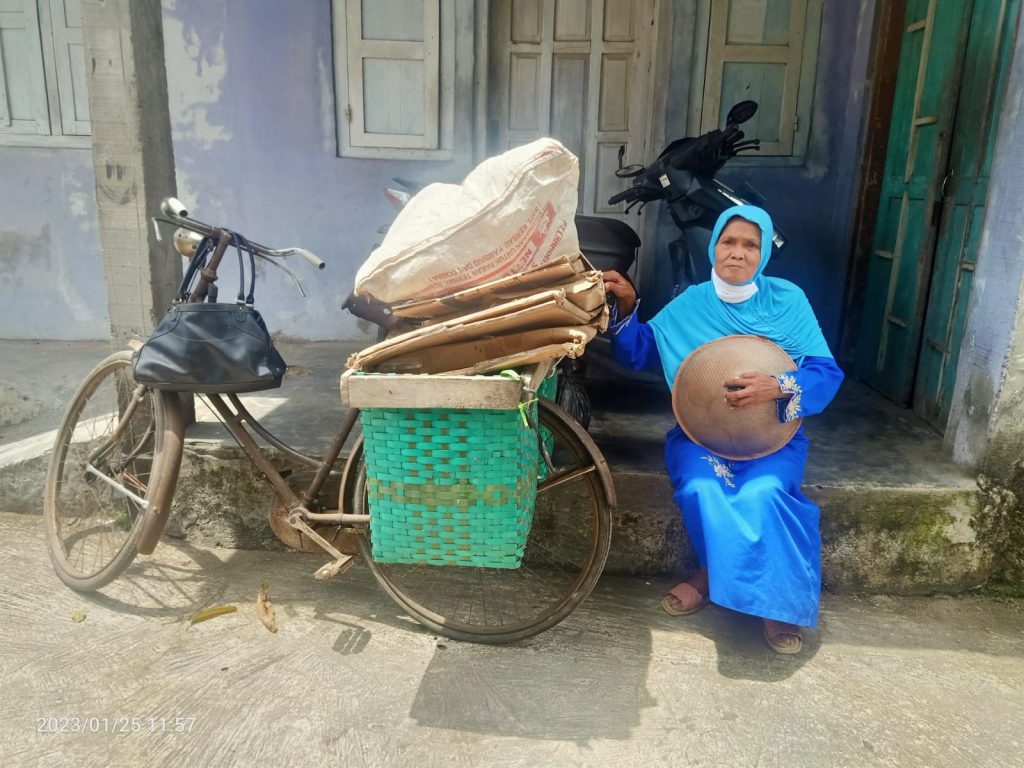
Photo 1. Qoyimah and her bicycle
While collecting waste is her main job, Qoyimah is also an active member of the village health cadre. Her roles include helping with healthcare for the elderly community, assisting village residents in accessing their G2P benefits from social assistance programs, and tutoring Quran-reading for children in her neighborhood.
As a member of the PEKKA Women Cooperative, Qoyimah decided to join the Women Digital Ambassador (WDA) program, despite her initial hesitation. She thought she was too old to take up “digital business.” However, after learning how this program covers other basic financial skills, she felt she needed to know more to manage her personal and business finances better.
Qoyimah is one of WDA’s graduates, and she conducted more than 15 socializations with other community members in her area. At every meeting, she invited around 7-10 people to attend a session where she shared the knowledge gained from the WDA training. Her favorite topics are financial planning and managing business and personal finance as she could give examples of how she has now separated her business and personal expenses.
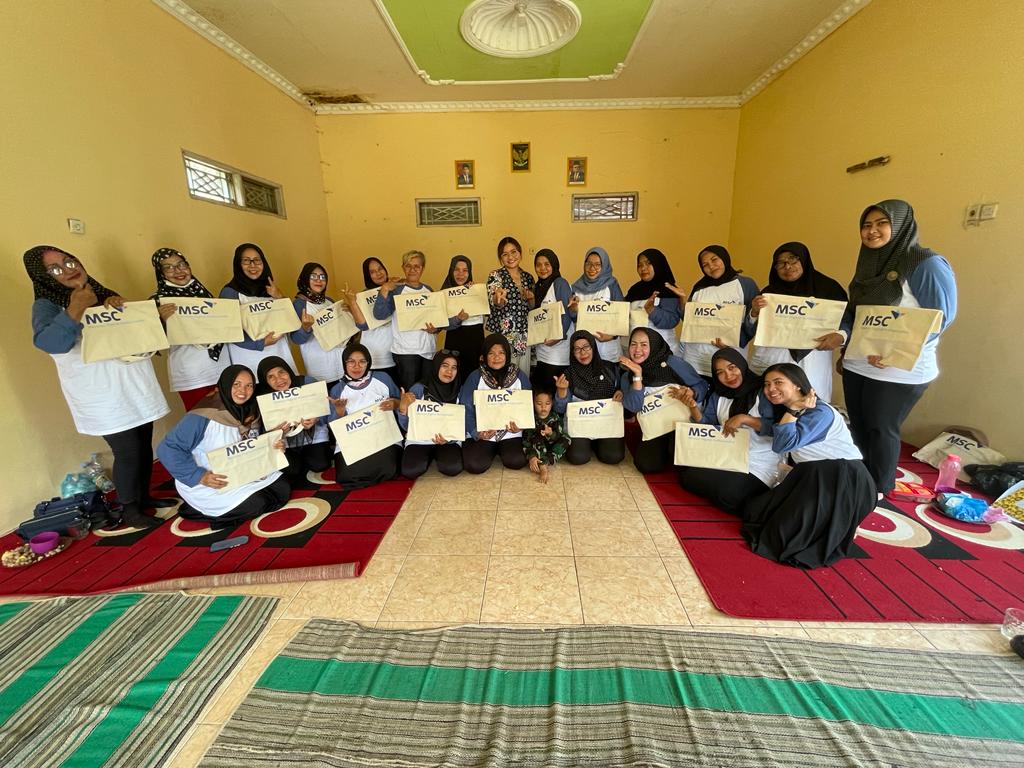
Photo 2. WDA graduates from Karawang
Qoyimah’s story reinforced our understanding that not all entrepreneurs need the same support and treatment. Customized training helps her navigate her needs and interests on topics that she thinks are valuable for her business and personal capacity. A key question here is, how does an entrepreneurship programmer design an intervention that accurately answers the needs of women business owners in rural areas, increases their business resilience, and helps them thrive in the era of digitalization?
Training and onboarding
The WDA program works to enhance low-income women’s quality, uptake, and usage of digital financial services in rural areas. It partners with women cooperatives under the PEKKA Foundation to use the network of women’s groups for training on digital entrepreneurship skills and reskilling other women in the community.
After almost 10 months of the intervention, MSC wrapped up the training and conducted four graduation ceremonies for women in four locations: Bantul, Batang, Karawang, and Tangerang regencies. The participants trained in the following modules in four days.
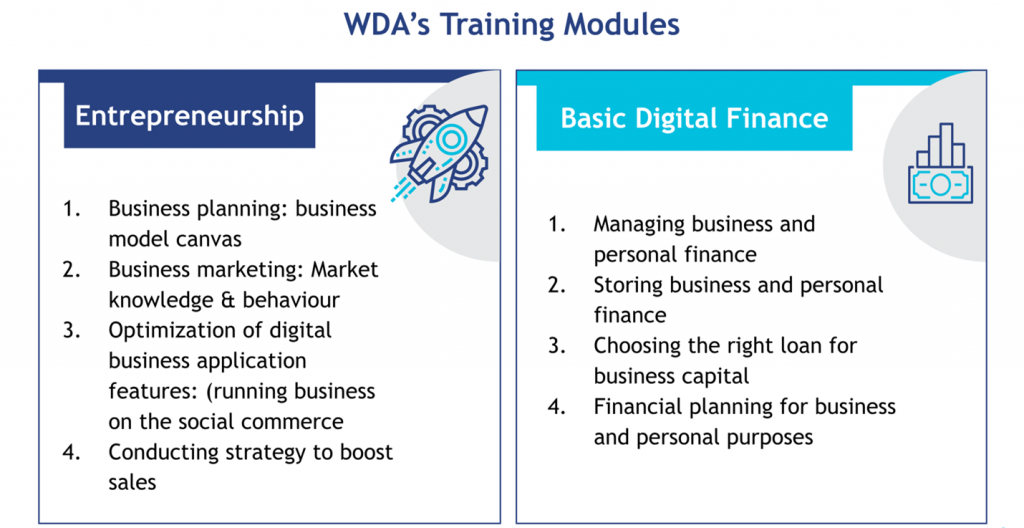
A few months of observation post-training revealed several insights for women entrepreneurs in rural areas:
- Starting from the easiest entry point is crucial to improve digital skills
The digitalization of MSMEs comes with many layers. For grassroots women entrepreneurs targeting the local market, using already familiar digital commerce platforms, such as social media apps like Facebook and WhatsApp, gives the easiest entry to adopt digital marketing.

Photo 3. Product photography session, participants learned how to capture a good-quality photo
E-commerce platforms have flourished exponentially in Indonesia. But, an information asymmetry persists regarding how to utilize the features to meet the different needs of entrepreneurs. For WDAs, purchasing from e-commerce platforms is a mundane activity. However, selling on e-commerce is a major leap from their usual business activity.
Another interesting observation showed that promoting and selling through WhatsApp and Facebook are less intimidating for them. Qoyimah has no urgency to have an online shop for her business. Still, she can use the Google My Business feature to expose her waste sorting facility to the public, attracting new buyers and sellers.
2. Training is more effective with hands-on practice and using relevant products as examples
The learning process becomes more effective when the WDAs put the module into practice and use the various tools, suggestions, products, and services mentioned. To make it more effective, we aligned topics around basic financial literacy to the BRILink products currently available at their cooperatives.
For example, in the sessions on managing business and personal finance and financial planning, we introduced different savings products that cater to their needs, such as haj, education, and pension. We also highlighted the importance of being registered in the BPJS Kesehatan (National Universal Healthcare System) and BPJS Ketenagakerjaan (National Social Security for Employment) to provide an example of affordable insurance products, where an agent can become a payment point for the monthly premium.
These first two lessons echo the importance of the Financial Services Space framework, which highlights the importance of three variables: volume/frequency of transactions, convenience of access and usage, and influence/motivation of the user.
3. The content and training delivery method highly influenced WDAs’ knowledge absorption and acceptance levels
Usually, online training is the last option for women business owners in villages with unreliable internet connections and unsupportive devices. In contrast, a mix of in-person training with hands-on experiments works better for this segment.
During the needs assessment, we gathered experience and insights from the past online training the WDAs received. Many cited that online training was more convenient, especially during the pandemic, but it comes with hindrances. Besides technical problems, they often faced many distractions. Moreover, when they perform a technology-related task, such as navigating on certain apps on their smartphone, they feel the need for in-person guidance rather than following instructions through the small screen of their cell phones.
4. Mentoring and peer learning ensure the learning cycle continues after the training period ends
We tried to balance the learning process by taking four classroom sessions in two weeks. We also created a monitored WhatsApp group for WDAs to connect with fellow learners and trainers at any time to exchange information, ask follow-up questions, and give simple homework and experiments to practice their skills. This group will be monitored closely for up to six months after the training but maintained within an unlimited time as a discussion platform for the women ambassadors.
We also observed that this forum is an excellent platform for WDAs to stay engaged in a lively conversation about different topics, such as the latest phishing scam method, types of fraud, and data breaching. Moreover, the forum also accommodates business-related topics, such as selling or promoting products and updating the number of the knowledge-sharing session they have conducted as part of their Digital Ambassador duties.
- Knowledge sharing helps the digital ambassadors improve their technical and interpersonal skills—strengthening their voice and agency
As part of their Digital Ambassador duties, the women spread the knowledge they received from the training to the community in their surroundings. Through this exercise, they gained the agency to set up meetings within their community network to ensure that the takeaways from the training reach a bigger audience. The WDAs, who were part of active cadres in many community-based organizations, managed to bring together members of the Family Welfare Movement (PKK), health cadres, Conditional Cash Transfer Program (PKH) recipients, Koranreading gatherings (pengajian), and many more.
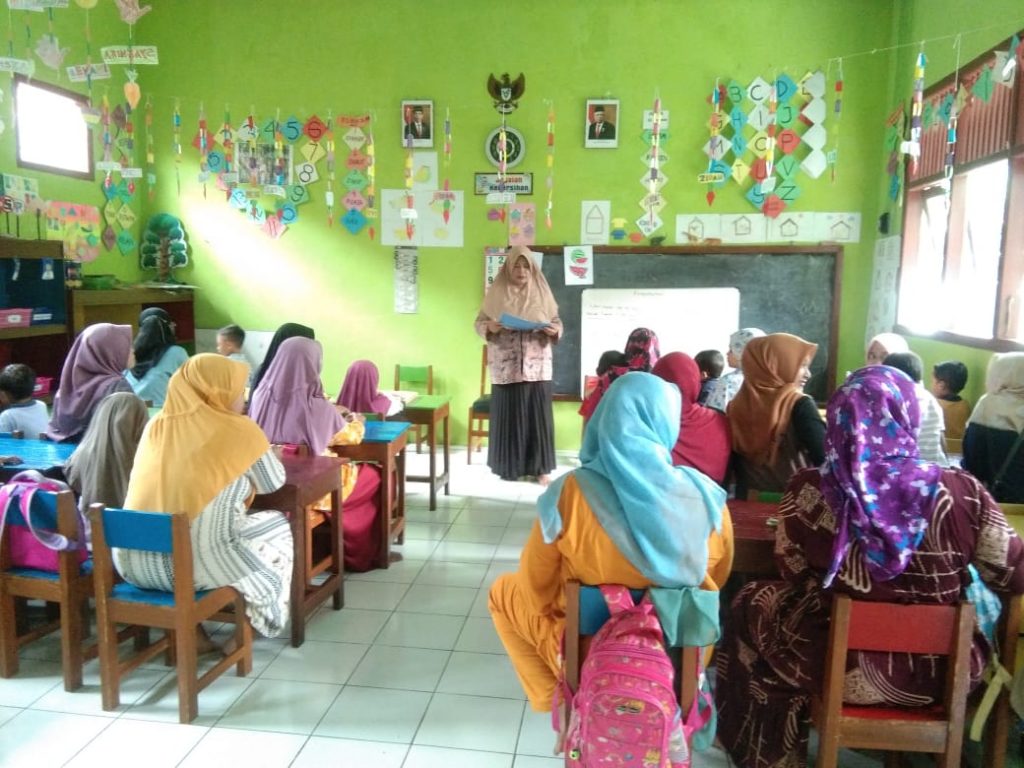
Photo 4. A WDA conducted socialization on savings and financial planning for parents at an early childhood education center (PAUD)
“Some time ago, I spoke about the importance of hygienic packaging for food products as part of the marketing strategy. I shared the knowledge in one meeting among the health cadres—many of them also business owners—in my village. The topic matched well with that community’s needs. That is how I usually do the socialization.”—Qoyimah
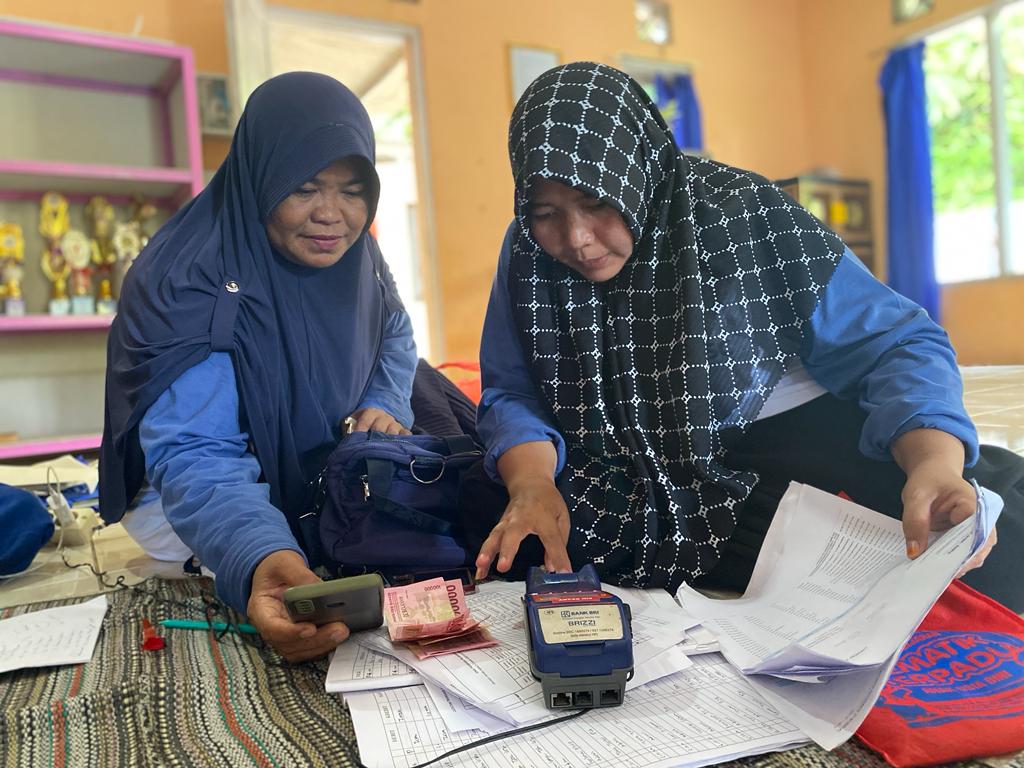
Photo 5. Three cooperatives are now linked with BRILink’s banking agent system
Once the cooperative members and WDAs can access digital financial services, service providers can cross-sell to cooperative members and WDAs.
Moving forward
Training may improve skills, such as adopting business practices, but it does not always translate into improved business outcomes.A likely reason for these heterogenous findings is that different entrepreneurs face different sets of constraints, depending on their needs, experience level, personal characteristics, grits, and business models for both growth-oriented and necessity-oriented entrepreneurs. Regardless of background, character, or motivation, each enterprise has an equal right to grow. In this case, as enablers, we must carefully see the dynamic and develop tailored solutions for women entrepreneurs in rural settings.
Read the next part of this blog, where we deep dive into the impact of linking women cooperatives, WDAs, and agent banking and how that practice comes with unique challenges, unlike the usual agent model.


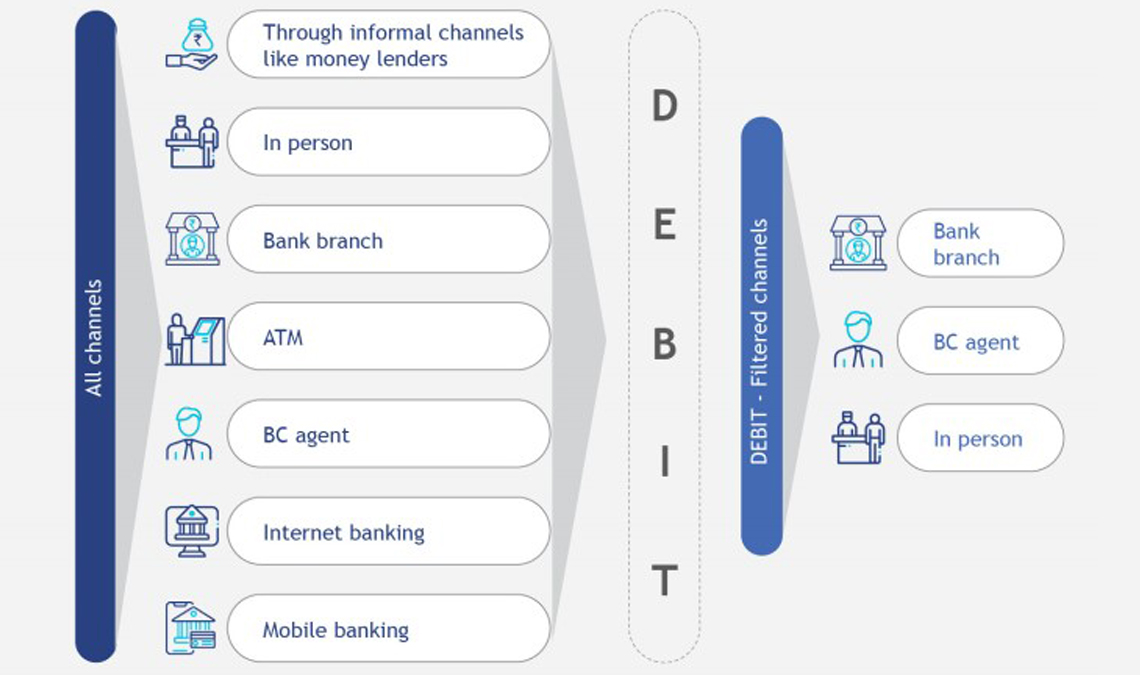 At MSC, we sought to understand how low- and moderate-income women choose a channel for financial transactions. This led us to follow women’s customer journeys across various geographies and distill crucial factors that determine their choice of channel. We used MSC’s DEBIT framework,
At MSC, we sought to understand how low- and moderate-income women choose a channel for financial transactions. This led us to follow women’s customer journeys across various geographies and distill crucial factors that determine their choice of channel. We used MSC’s DEBIT framework, 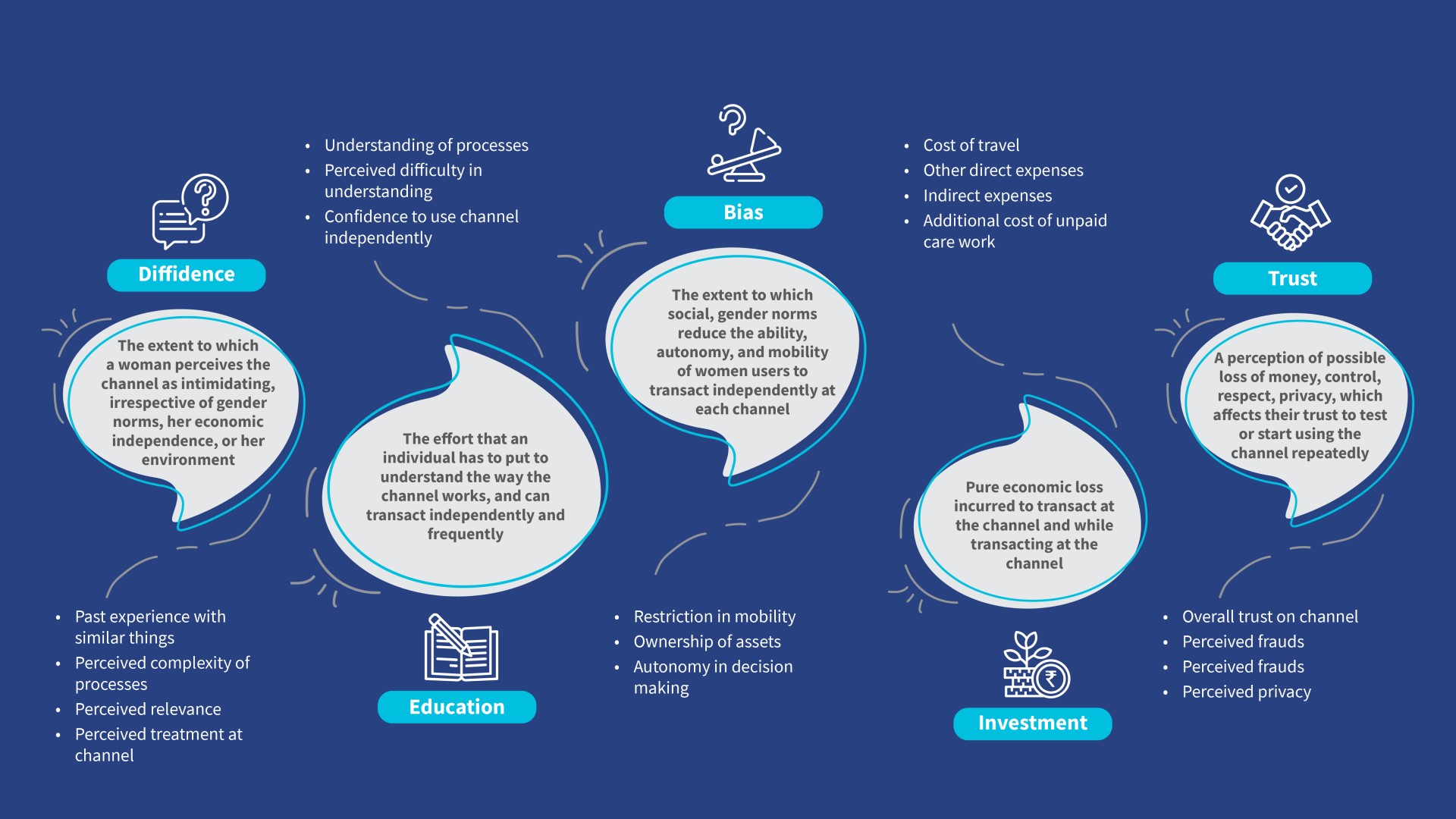
 Here is an example from our DEBIT Kenya research for a proxy M-PESA user. The graph captures higher scores for M-PESA, which means that the perceived loss of using M-PESA is higher among these women. They are yet to transition to M-PESA due to a lack of personal ID.
Here is an example from our DEBIT Kenya research for a proxy M-PESA user. The graph captures higher scores for M-PESA, which means that the perceived loss of using M-PESA is higher among these women. They are yet to transition to M-PESA due to a lack of personal ID.


 The mighty Padma River finally washed away the
The mighty Padma River finally washed away the  Three of Asia’s largest rivers, the Ganges-Padma, the Brahmaputra-Jamuna, and the Meghna flow through Bangladesh. These rivers carry 1.2 trillion cubic meters of water and in excess of 1 billion tons of sediment every year from the catchment area outside the country (
Three of Asia’s largest rivers, the Ganges-Padma, the Brahmaputra-Jamuna, and the Meghna flow through Bangladesh. These rivers carry 1.2 trillion cubic meters of water and in excess of 1 billion tons of sediment every year from the catchment area outside the country (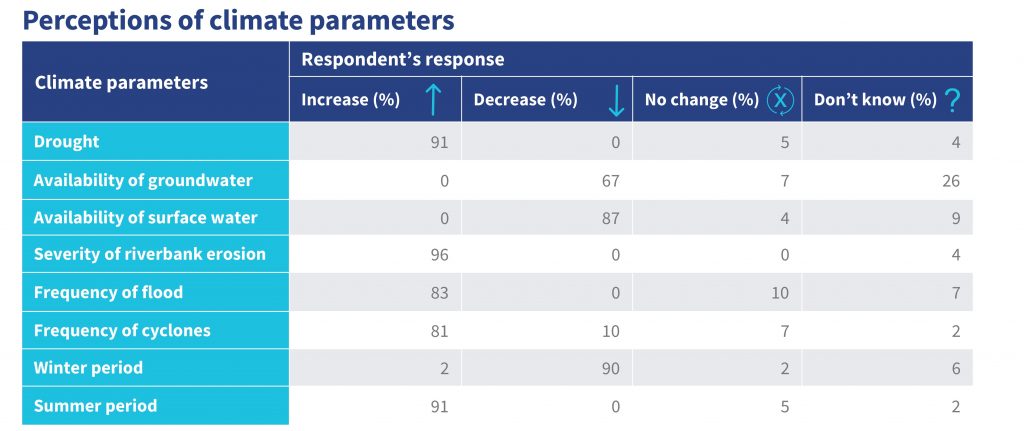 Second, climate change is slowly and inexorably increasing the vulnerability of poorer households and forcing them to adapt.
Second, climate change is slowly and inexorably increasing the vulnerability of poorer households and forcing them to adapt. 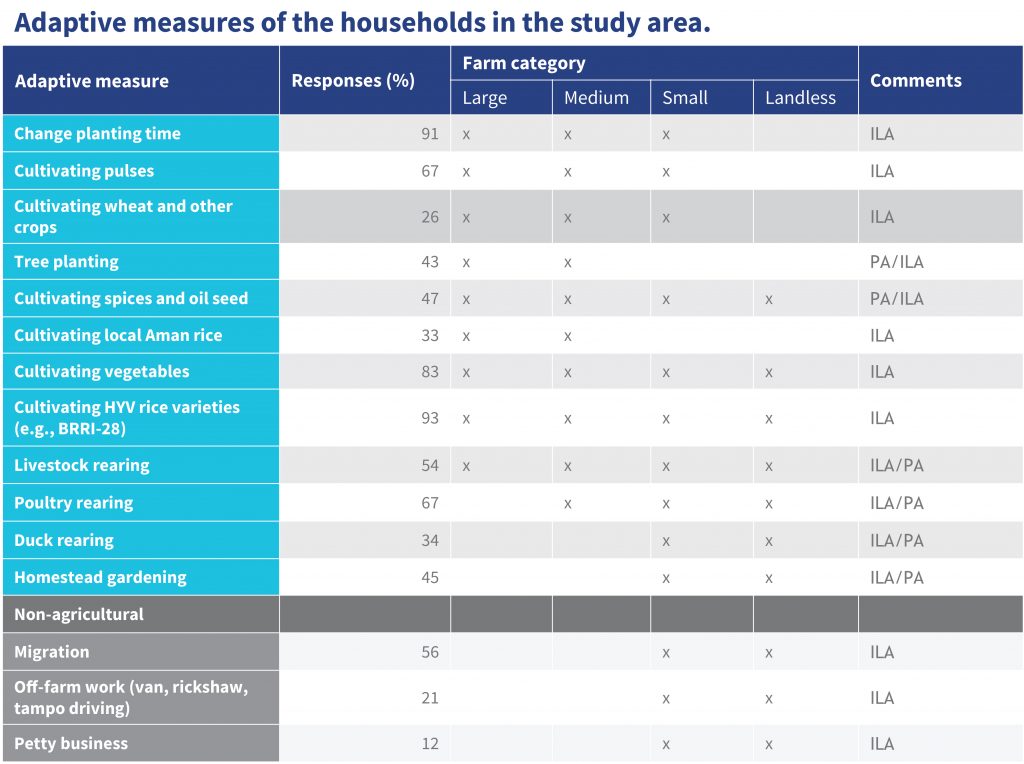
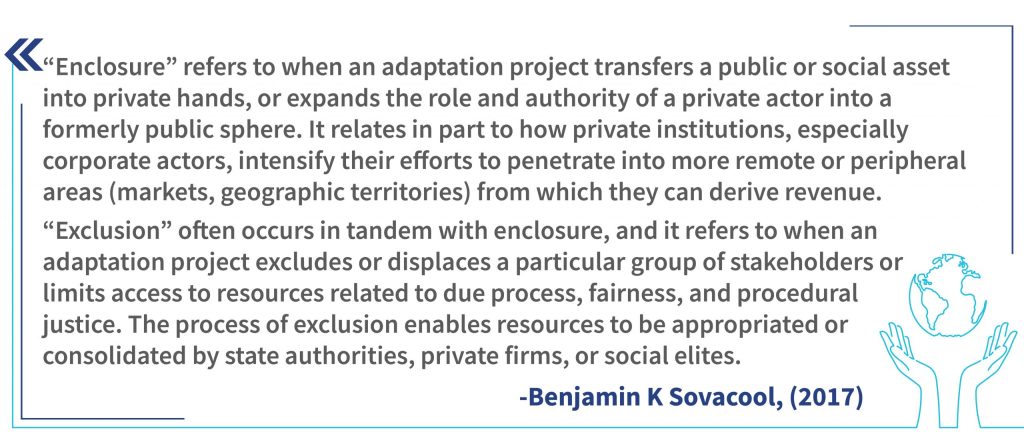

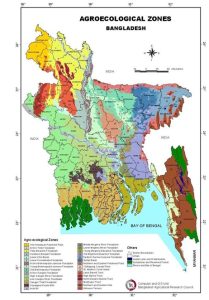 Bangladesh is located on
Bangladesh is located on 